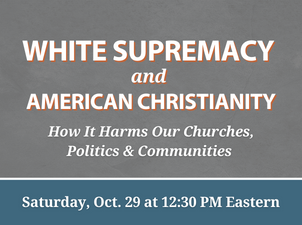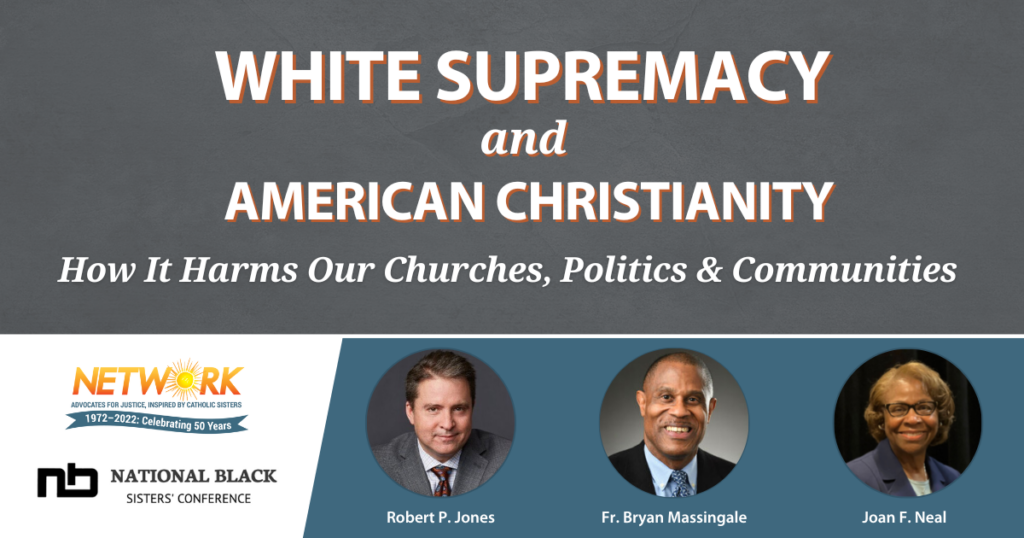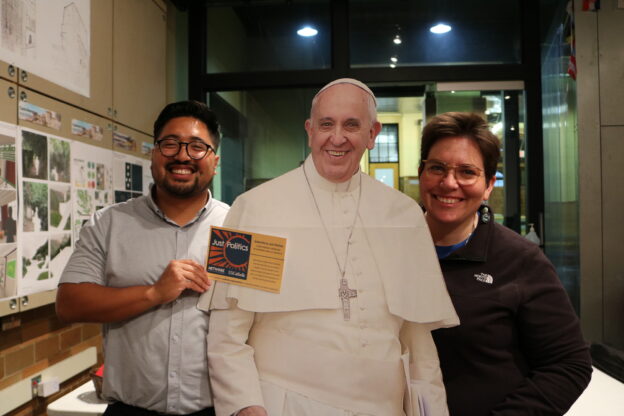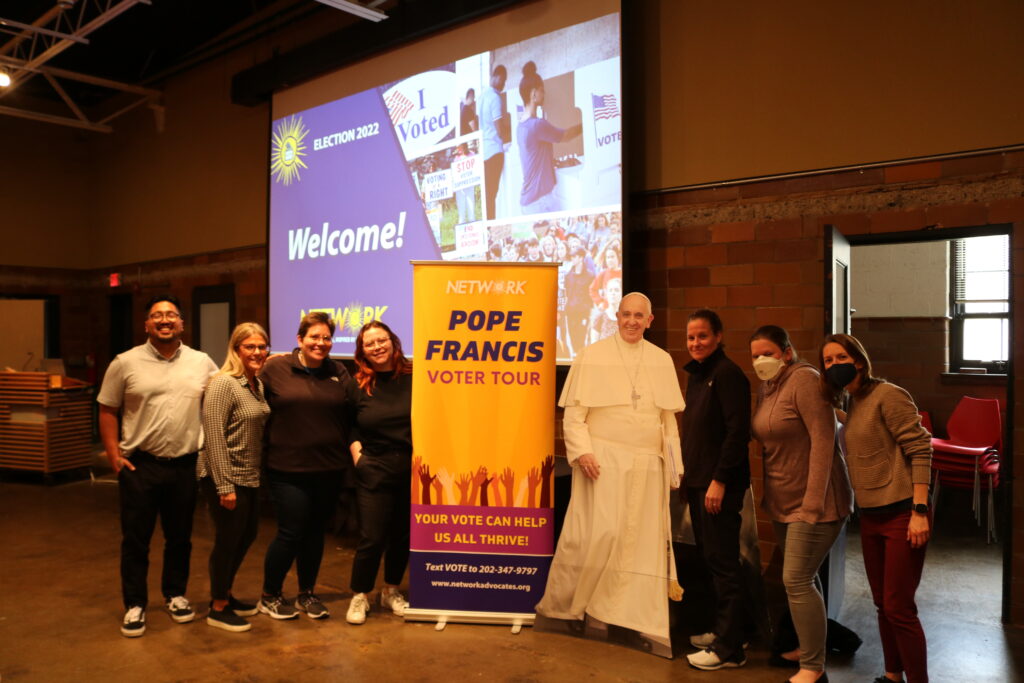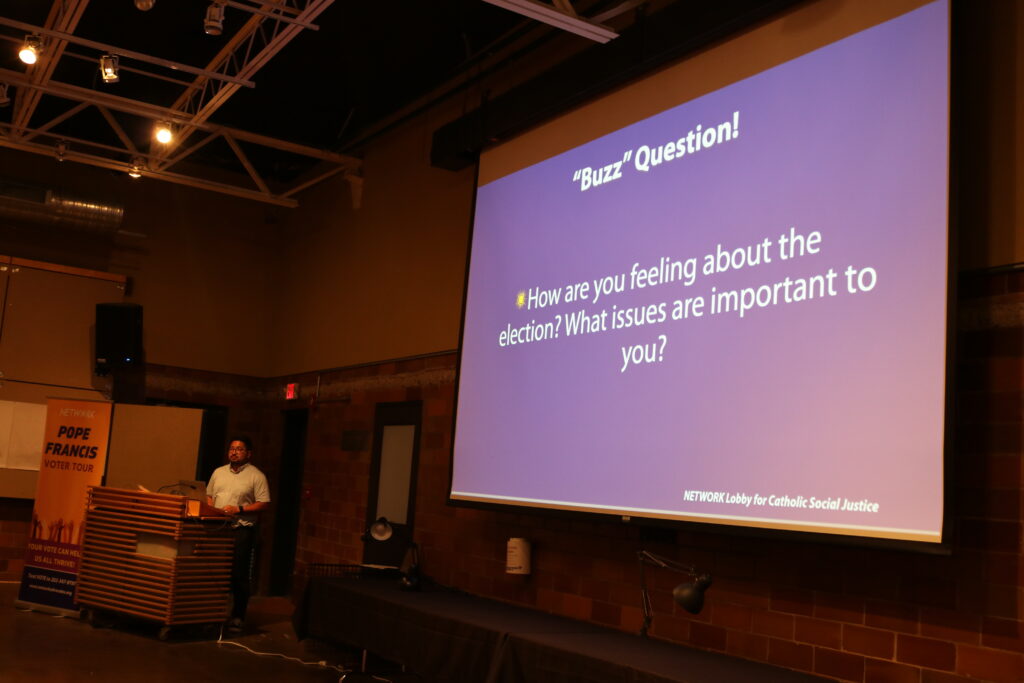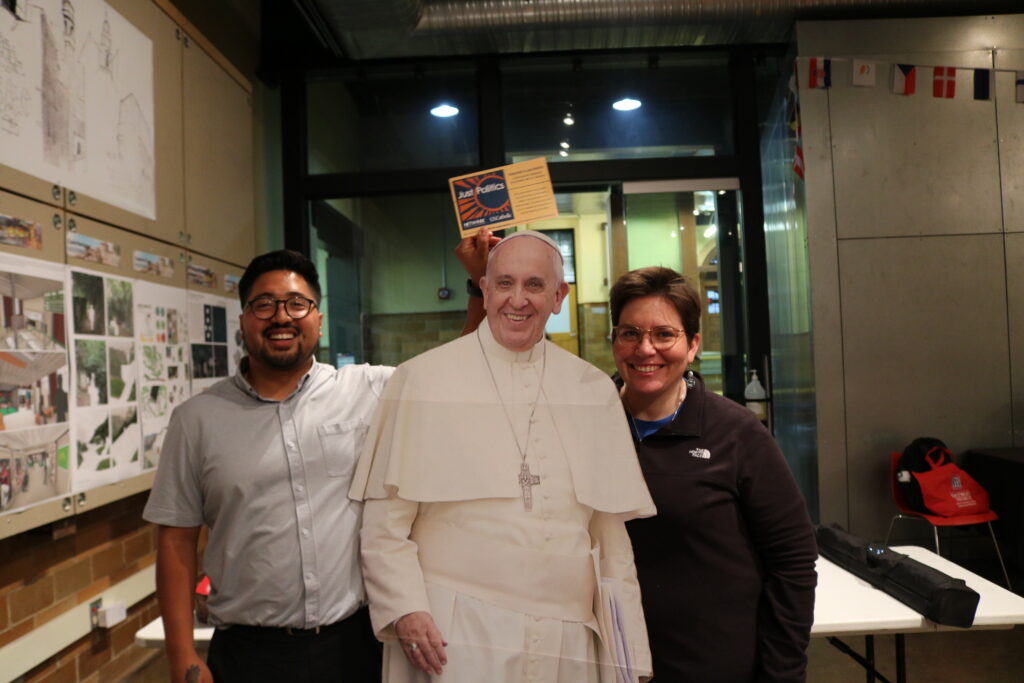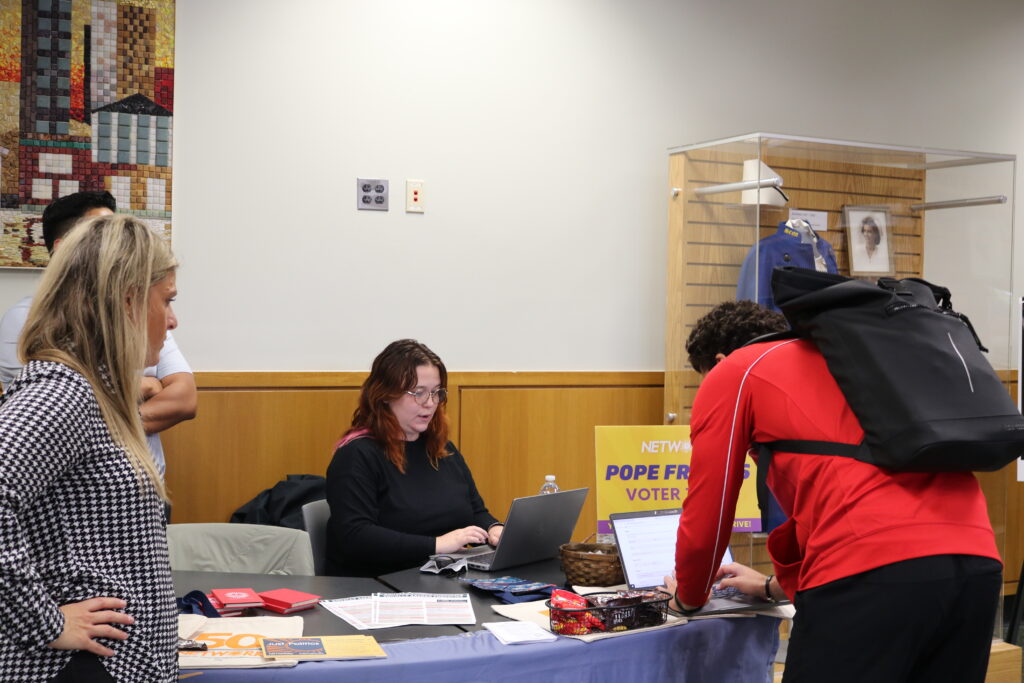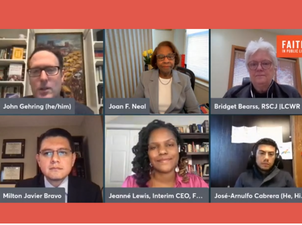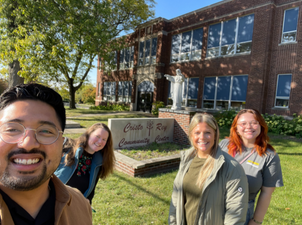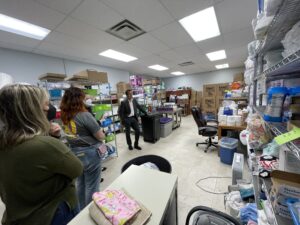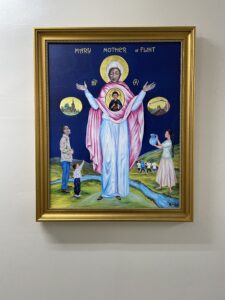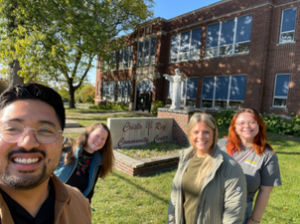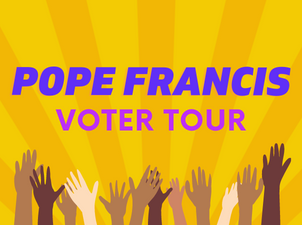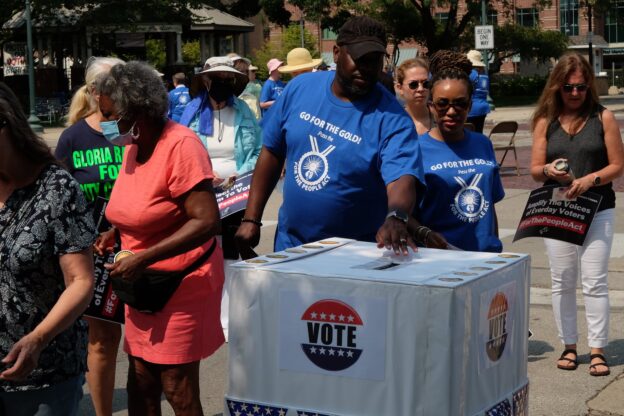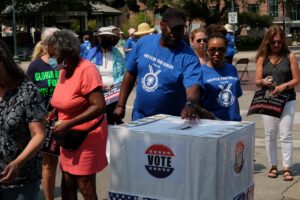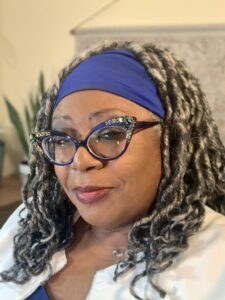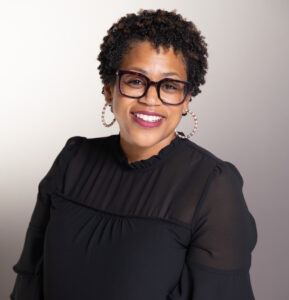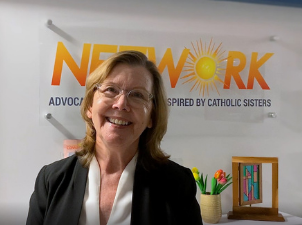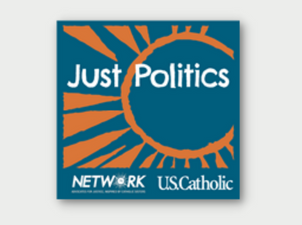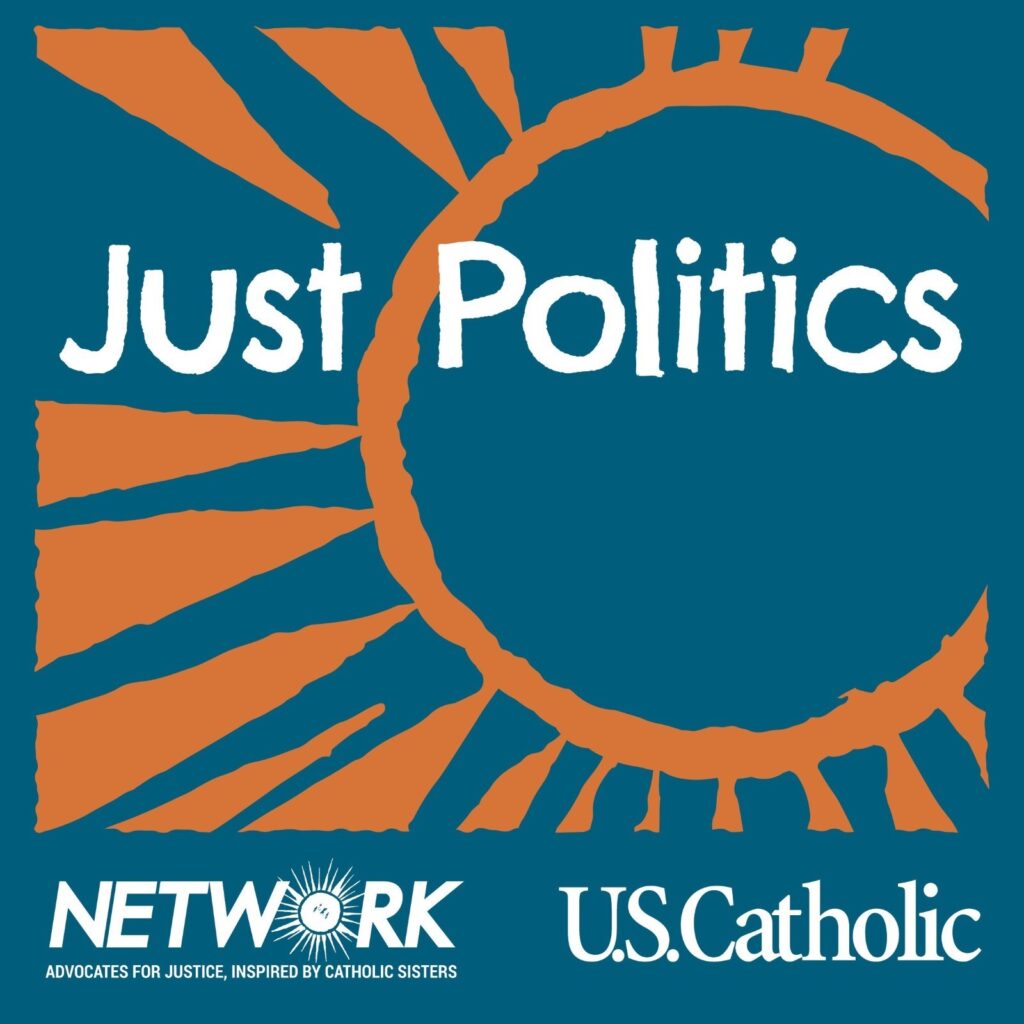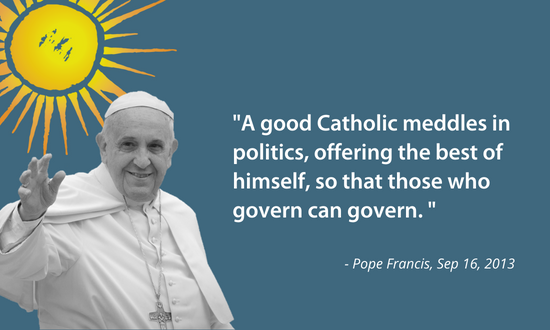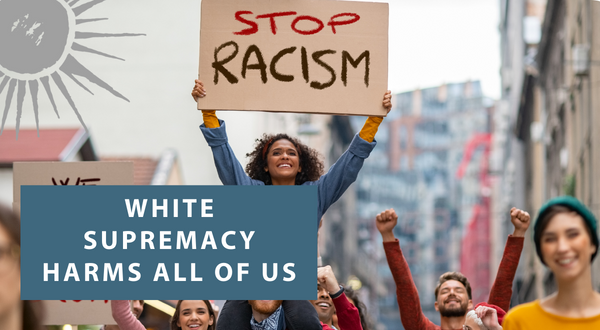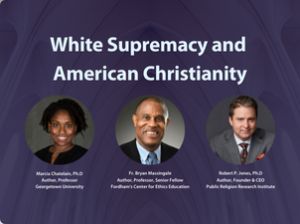Earlier this year, thousands of justice-seekers joined us to hear from experts working at the intersection of religion and race — Fr. Bryan Massingale, Robert P. Jones, and Dr. Marcia Chatelain.
Join us this Saturday as Fr. Bryan Massingale and Robert P. Jones return to speak with NETWORK for a follow-up conversation on white supremacy and American Christianity, this time in light of the upcoming midterm elections. Together, we’ll continue learning about the intersection of white supremacy and American Christianity, with a focus on our politics.
If you’ve already registered — help us spread the word!
*Retweet Here* * Share to Facebook*
White Supremacy and American Christianity
Saturday, October 29, 2022 | 12:30-2:00 PM Eastern
This event will take place on Zoom.
Co-Sponsored by the National Black Sisters’ Conference
Register and invite your friends and family!
Meet Our Speakers
Robert P. Jones is the President and Founder of PRRI, and author of White Too Long: The Legacy of White Supremacy in American Christianity. Robert P. Jones speaks and writes regularly on politics, culture, and religion in national media outlets including CNN, NPR, The New York Times, The Washington Post, and others.
Fr. Bryan Massingale is the James and Nancy Buckman Professor of Theological and Social Ethics, as well as the Senior Ethics Fellow in Fordham’s Center for Ethics Education and author of Racial Justice and the Catholic Church. Fr. Massingale is a noted authority on social and racial justice issues, particularly in Catholic spaces.
Joan F. Neal is the Deputy Executive Director and Chief Equity Officer at NETWORK where she shares overall leadership of the organization and leads strategic planning and racial equity and justice transformation work. Joan F. Neal is an experienced organizational leader and an authority on the intersection of faith, justice, and federal policymaking.







